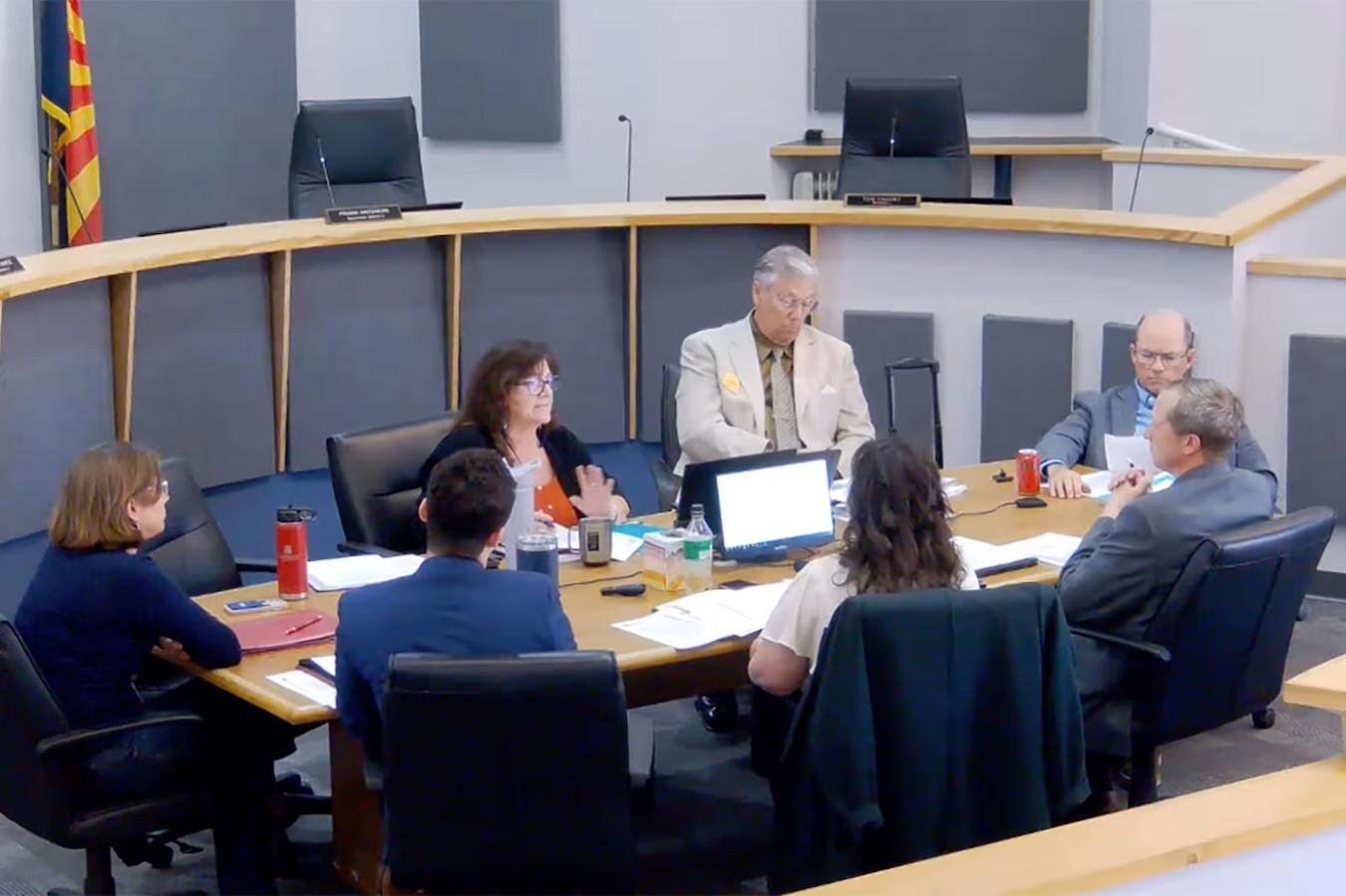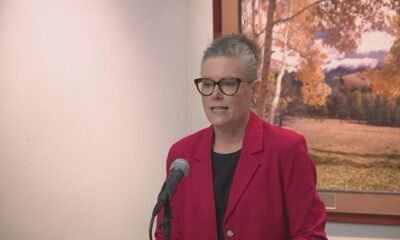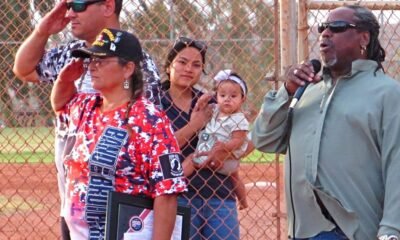arizona
Arizona Judge’s Ruling May Upend Cochise County Election Due to Unexpected State Law Twist

This article was originally published by Votebeat, a nonprofit news organization covering local election administration and voting access.
A peculiar aspect of an Arizona statute regarding all-mail elections for local taxing districts could lead a judge to invalidate the results of a recent election, potentially setting a precedent for similar cases statewide. This scenario unfolds in Cochise County, where a narrow victory approved a new tax for the county jail back in May 2023.
The legal dispute stems from complaints made by four residents who are challenging the election outcome. They argue that ballots should have been mailed to approximately 11,000 inactive voters in the county. Under Arizona law, a voter’s status changes to inactive usually only if their election mail is returned as undeliverable or if they’ve changed addresses without informing the recorder. Unlike other elections, the law for taxing districts is less clear, resulting in conflicting court rulings on the matter.
Last June, the Arizona Court of Appeals ruled that counties are obligated to send ballots to inactive voters in such elections and directed Cochise County to adhere to this. Following this, the Arizona Supreme Court instructed a local judge to determine whether neglecting to send ballots to inactive voters impacted the election outcome, which was decided by a mere 750 votes out of 25,032 cast.
If the court finds the result could have changed due to the exclusion of inactive voters, it may void the election. However, both parties involved seem reluctant to see the matter escalate to that point.
Following the November elections, new Republican supervisors replaced previous members who had initially defended the election. They have since expressed concerns that the election should not have taken place separately from the general election, when turnout tends to be higher. Supervisors Frank Antenori and Kathleen Gomez voiced their belief that the previous supervisors mismanaged the election process. They are exploring options to settle the matter, possibly by overturning the tax results.
Secretary of State Adrian Fontes has sought to intervene in this case, emphasizing that he aims to uphold the integrity of the election results. He argues against the notion that election outcomes can be settled through agreements between involved parties.
In Arizona, the law mandates that each qualified elector must receive a ballot, which includes individuals on the inactive list. Although Cochise County’s supervisors initially contended that inactive voters shouldn’t receive ballots, this position was countered by the appeals court, which clarified the definition of “qualified elector” as encompassing all registered voters.
The recent Supreme Court decisions complicate matters for other counties, as the court has not set a statewide precedent, allowing them to potentially exclude inactive voters in future elections without facing legal repercussions. Tim LaSota, the attorney recently retained by Cochise County, advised that compliance with the court’s directive remains crucial to avoid similar legal disputes.
The current case has shifted to Apache County Superior Court due to a conflict of interest with the presiding judge. The judge will review how the omission of ballots for inactive voters may have altered the election’s results. Evidence may involve statistical analyses to determine how many votes likely would have come from those inactive voters.
Both the plaintiffs and the county supervisors have indicated they may seek to settle the case, with Antenori expressing strong desire to eliminate the jail tax altogether. Gomez remains open to different settlement terms, emphasizing the need for harmony rather than contention over tax funding.
Fontes’ intervention underscores that election disputes should be resolved through legal processes rather than informal agreements. LaSota expressed surprise at this action, arguing it could further disenfranchise voters in Cochise County.


















